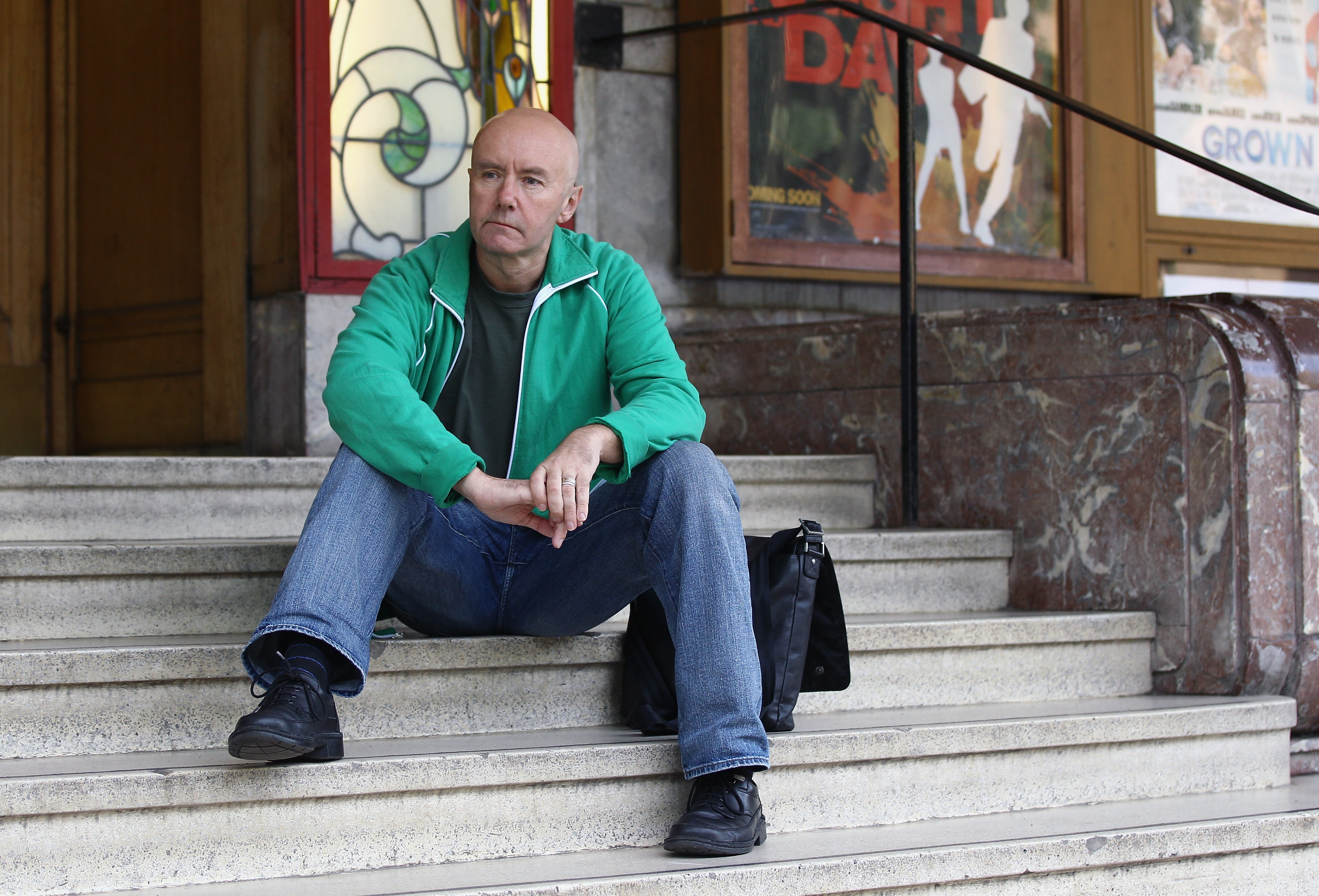Irvine Welsh's 6 favorite books that explore human duality
The author of Trainspotting recommends works by Robert Louis Stevenson, Craig Davidson, and more

A free daily email with the biggest news stories of the day – and the best features from TheWeek.com
You are now subscribed
Your newsletter sign-up was successful
The Strange Case of Doctor Jekyll and Mister Hyde by Robert Louis Stevenson (Dover, $2.50). Stevenson's story about a law-abiding citizen who turns into a monster at night was based on Deacon Brodie, a respected Edinburgh politician who after dark became a drunken, violent womanizer. The tale mirrors the novel's London, a city perpetually locked in a conflict between its rough and respectable images.
The Private Memoirs and Confessions of a Justified Sinner by James Hogg (Oxford, $12). Hogg's 1824 novel about a man bewitched into committing murder starts as satire and evolves into a gothic horror story. All religious fundamentalists should read this hilarious tale of religious derangement. But they won't, as they tend to read only one book, and not very well.
The Man Who Walks by Alan Warner (Vintage, $13.50). Another very dark book, in some ways about the two faces of Scottish criminality: the Nephew, a basically decent if roguish figure, and his nemesis, the Uncle, altogether a more brutal and ruthless phenomenon.
The Week
Escape your echo chamber. Get the facts behind the news, plus analysis from multiple perspectives.

Sign up for The Week's Free Newsletters
From our morning news briefing to a weekly Good News Newsletter, get the best of The Week delivered directly to your inbox.
From our morning news briefing to a weekly Good News Newsletter, get the best of The Week delivered directly to your inbox.
The Fighter by Craig Davidson (Picador U.K., $23). Davidson, who's one of my favorites, writes beautifully about a damaged masculinity: brutal yet vulnerable. He creates two fascinating characters in Rob Tully, a poor but talented young boxer, and Paul Harris, a spoiled, entitled wimp. Both use boxing as a route to self-improvement and self-respect, with devastating consequences.
Pimp by Iceberg Slim (Cash Money, $16). One of the most influential cultural figures of the modern age, the late Iceberg Slim sought to maintain an incredible and taxing fragmented identity, between the pimp who exploited women and the black-consciousness revolutionary.
The Picture of Dorian Gray by Oscar Wilde (Dover, $4). In Wilde's only novel, he followed Stevenson's model and used his main character, the narcissistic Dorian Gray, to depict the Victorian contrast between public respectability and private vice — a duality that still defines the British establishment today. Besides its Faustian and gothic horror motifs, it's also a homoerotic book about aesthetics, aging, and vanity.
— In Irvine Welsh's 10th novel, The Sex Lives of Siamese Twins, a personal trainer in Miami becomes a media-hyped heroine before revealing a darker side.
A free daily email with the biggest news stories of the day – and the best features from TheWeek.com
-
 Political cartoons for February 15
Political cartoons for February 15Cartoons Sunday's political cartoons include political ventriloquism, Europe in the middle, and more
-
 The broken water companies failing England and Wales
The broken water companies failing England and WalesExplainer With rising bills, deteriorating river health and a lack of investment, regulators face an uphill battle to stabilise the industry
-
 A thrilling foodie city in northern Japan
A thrilling foodie city in northern JapanThe Week Recommends The food scene here is ‘unspoilt’ and ‘fun’